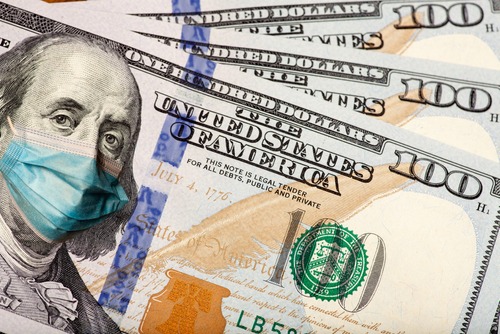
At the second Global COVID-19 Summit last week, governments, including the United States, pledged to provide $3.2 billion in additional funds for COVID-19 and other pandemic preparedness needs and committed to expanding and accelerating testing and vaccine access.
This year’s summit was led by the United States, Belize, Germany, Indonesia, and Senegal, who declared advancements throughout the health security chain to be possible but not guaranteed, and something that will require greater political and financial commitments. In particular, this is true for the protection of society’s most vulnerable.
The summit identified three major needs going forward:
- Prioritizing high-risk populations
- Expanding access to COVID-19 and other pandemic countermeasures
- Maintaining pandemic response and preparedness
While the pandemic, they emphasized, is not over, SARS-CoV-2 is also not going away. At this point, world leaders are focused on reducing it to a manageable respiratory pathogen, even if it remains a global phenomenon. Of the new monetary pledges meant to help achieve this, nearly $2.5 billion will go toward COVID-19 and related response activities, while $712 million will go toward a new pandemic preparedness and global health security fund at the World Bank. Inequities remain even so, and leaders floated the potential to create regional hubs to help pandemic preparedness and response and find sustainable and predictable solutions for early warning systems.
The World Health Organization’s (WHO) 70 percent global vaccination target remains the major goal, and since the first Global COVID-19 Summit, the world’s vaccination rate has increased from 33 percent to nearly 60 percent.
The United States committed an additional $200 million to the pandemic preparedness and global health security financial fund at the World Bank. Next year, the budget proposed by President Biden calls for another $4.75 billion for that fund. The nation is also committed to sharing COVID-19 vaccine-related intellectual property and research tools, rapidly reviewing generic products used for global COVID-19 response, and piloting test and treatment strategies for the most vulnerable populations in low and middle-income countries.




